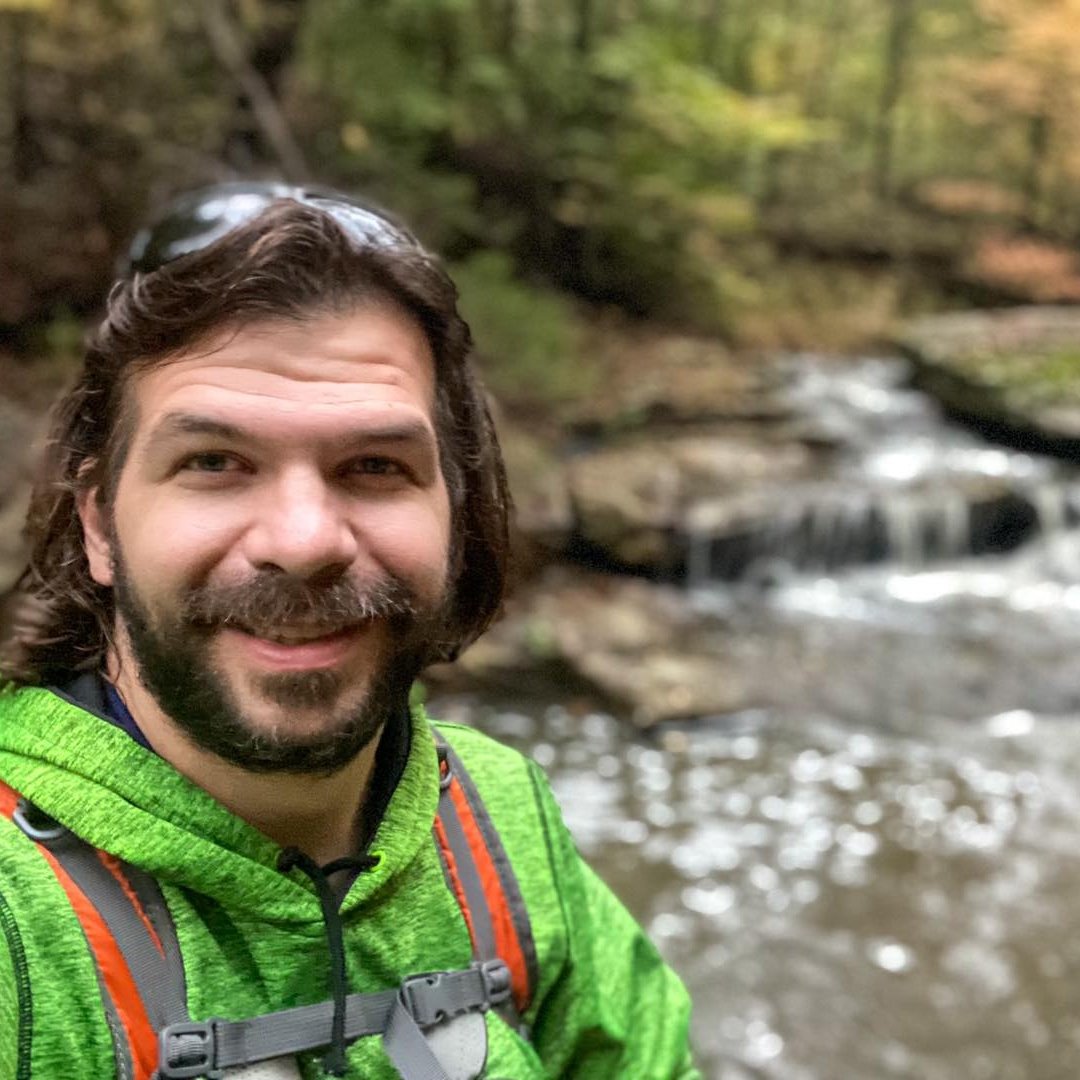How to Tell a Great Story
Do you know how to tell a great story?
We all have stories. I have a story about my life. You have a story about your life. My story seems simple enough for me, but it could be inspiring to you if you’re going through the things I went through. Your story might inspire me.
Sometimes our stories are not great stories, and they don’t inspire, but they mean something significant to us, and that’s all that matters.
But storytelling is really important in the world of branding and business, especially in outdoor recreation niches.
It helps with marketing. It helps the community. And it helps to motivate us to keep doing our thing.
In this guide, I want to dive deeply into how you can tell a great story to help your brand or business.
Tell a Great Story by Relating
Your audience wants you to tell a great story that they can relate to.
That keeps them hooked to your words.
Many of us make the mistake of telling stories that only relate to us. We tend to think about ourselves only, not the audience we want to consume our content.
I’m not interested in stories that I can’t relate to. My brain goes off, and I stop paying attention. I have too many things to do than listen to or read a story I don’t relate to.
Stories need to be relatable. But they don’t relate to every type of audience member, either. You are free to target specific people with specific stories.
To practice getting better at your ability to tell a great story that relates, I suggest you look at stories you love and examine how you were able to relate to them.
What made you feel like you related to the story?
How can you integrate that knowledge into your storytelling tactics?
Great Stories Need a Hook
To tell a great story, you have to draw in readers.
You need a hook.
A hook is a statement or form of media that catches the attention of the content consumer and makes them want to continue consuming the content.
Many content creators use copywriting to create hooks. Many copywriting techniques use psychological elements to persuade an audience to want to consume the content.
The placement of your hook is important. In most cases, you’ll make your title your hook and then add more hooks throughout your content or media.
I often say to audit your sentences, whether written on a blog or spoken on a video. Each sentence you create should be actionable enough to keep a consumer occupied with your content. Some people use filler sentences that are fluff and meant to make something longer with generic content. That’s a great way to get a reader to quit reading.
I’d rather read something short and amazing than long and boring.
Think about advertisements, websites, search results, TV commercials, and even books that have prompted you with a statement that made you want to keep consuming its content.
How can you provide that in your copy?
That’s how you hook a reader in. Treat it like you’re creating the next best novel. Make every word count. Make every word keep a reader reading.
Tell a Great Story by Listening to Great Stories
Listening to great stories is the best way to tell a great story.
I have a long commute. I listen to many podcasts to keep myself occupied and awake. Most of the pods I listen to are marketing-related, such as Copyblogger, Marketing Against the Grain, Tube Talk, and others.
I’ve wanted to gain inspiration to tell a better story with my written content here lately.
So, with the help of some good friends and their advice, I’ve been trying to listen to more pods that focus on telling a story rather than providing a technique.
Two great ones that I’ve enjoyed thus far are The Moth and Akimbo.
The Moth is different stories from different people, usually concentrating on different themes each time. There are romantic stories, stories about loss, and everything in between. They inspire me. They make me emotional. They make me feel better about my species.
Akimbo is a pod by Seth Godin, a marketing leader and a role model to people who want to become better marketers. Seth tells a story about different topics. While the stories don’t exactly have a marketing theme every time, you can easily relate them to your business or your passions. And then there are always interesting questions at the end.
Find resources, whether it’s podcasts, books, or even people. Listen to their stories. Gain inspiration to be a better storyteller through the stories of others.
It’s easy to tell a great story when you have a great story to tell. Sometimes you need to take advantage of storytelling advice like some above. Do this and tell a better story. But the best way to get better at storytelling is to keep telling stories. Please follow me on Twitter for more storytelling tips.
About the Author
Shawn Gossman has created content, blogged, ran online communities, and shared a passion for digital marketing for over twenty years. Shawn believes the best way to help content creators, businesses, brands, and marketers is to give away more than you sell. The same advice is recommended for the readers who follow this blog. Shawn also offers various services for extra help in content creation and blogging.
Grow your online brand with exclusive tips from me sent right to your inbox!


